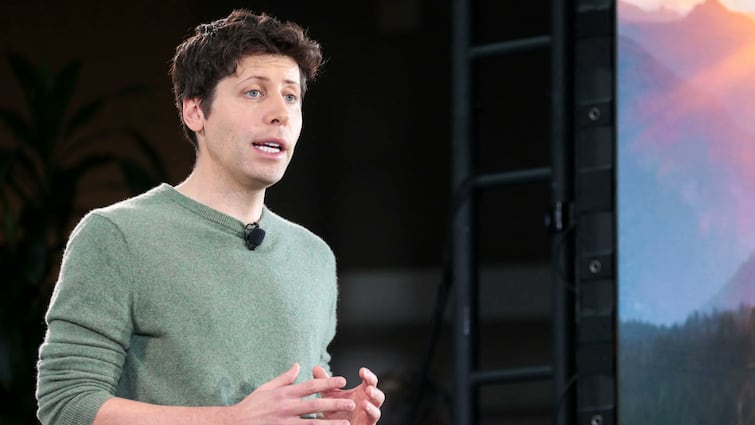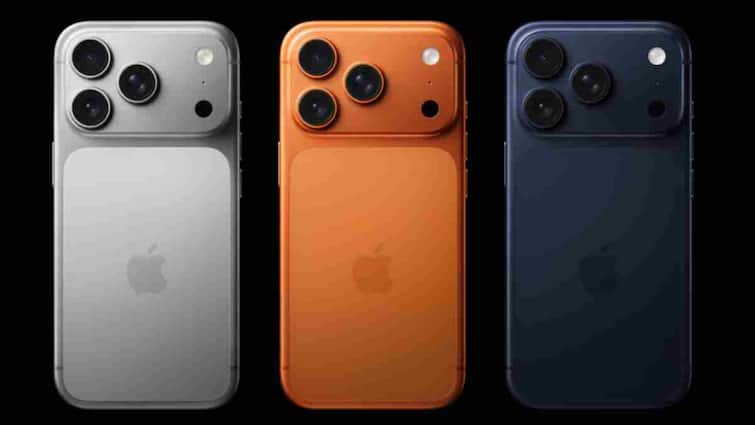OpenAI CEO Sam Altman has spoken about how artificial intelligence could change the job market, admitting that while no one can predict the future exactly, some patterns are already clear. He said customer support roles are most at risk as AI tools like ChatGPT become better at handling queries. At the same time, Altman pointed out that certain professions may remain safe, especially those requiring deep human interaction, such as nursing, where empathy and personal care cannot easily be replaced.
AI And Customer Support Jobs
Speaking on “The Tucker Carlson Show,” Altman explained that customer support roles over the phone or computer are likely to be automated. “I’m confident that a lot of current customer support that happens over a phone or computer, those people will lose their jobs, and that’ll be better done by an AI. Now, there may be other kinds of customer support where you really want to know it’s the right person,” he said.
He also discussed coders and programmers, an area where the outcome is harder to predict. Many AI companies have built tools that let non-coders build apps, websites, or games just by typing a prompt. This has led to fears that coding jobs may disappear. Altman, however, stressed that demand for software has always been huge, and AI is only helping developers work faster. “A job that I feel way less certain about what the future looks like for is computer programmers,” he said, adding that the next 5–10 years will decide whether the field grows or shrinks.
Why Nursing May Be Safe From AI
Altman was clear that certain professions are less likely to face AI disruption. “A job that I’m confident will not be that impacted is like nurses. I think people really want the deep human connection with a person… No matter how good the advice of the AI is, or the robot, or whatever. You’ll really want that,” he explained.
DeepMind CEO Demis Hassabis has expressed similar views, noting that while doctors might use AI for diagnosis, the empathy and care provided by nurses will remain uniquely human.



